Chosen Theme: Responsible Travel in Protected Marine Areas
Welcome aboard. This home page explores how to visit protected seas respectfully—supporting ecosystems and coastal communities, minimizing footprints, and leaving only wonder behind. Subscribe and join our tide of mindful, ocean-loving travelers.
What makes a marine protected area extraordinary
Marine protected areas safeguard biodiversity hotspots, nursery grounds, and migratory corridors where life concentrates and recovers. Visiting responsibly helps science-based protections work, ensuring reefs, seagrass meadows, and pelagic highways remain vibrant for future generations of travelers.
Zoning, permits, and seasonal closures
Different zones allow distinct activities: some permit snorkeling, others restrict anchoring, fishing, or entry during breeding seasons. Always check official maps, obtain permits, and follow ranger guidance. Share your planning tips with our community to help others prepare well.
Why responsible travel is conservation in action
Every mindful choice—quiet engines, careful fins, ethical operators—reduces stress on wildlife and habitats. Your behavior becomes a living donation to protection efforts. Tell us how you’ve adapted your travel habits to match the ocean’s needs.
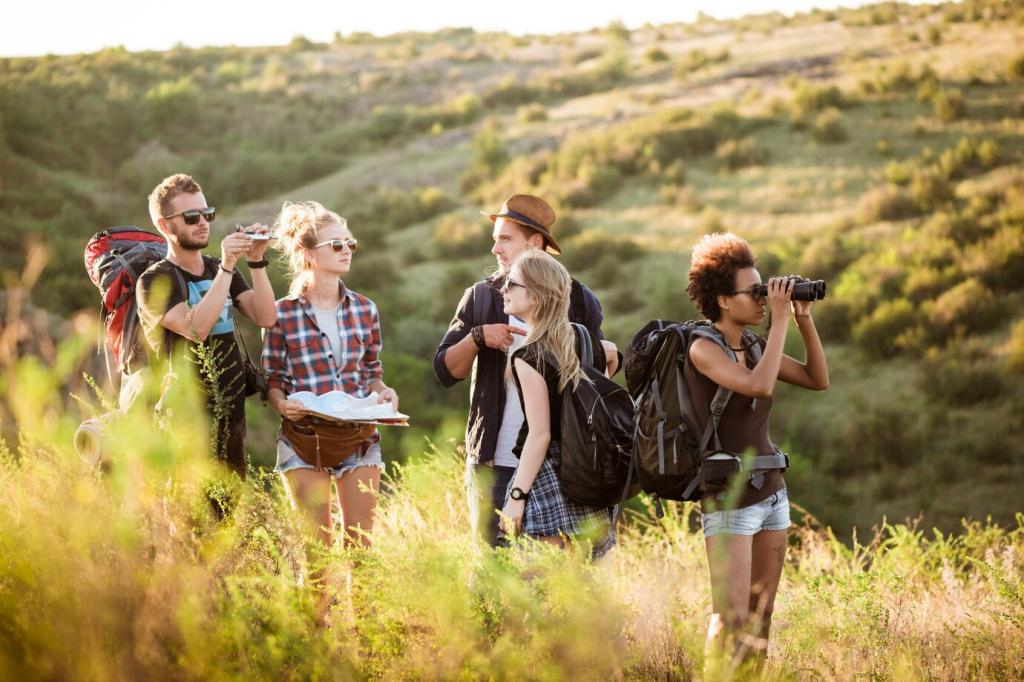
Preparing for a Low-Impact Trip
Review the site’s code of conduct, local laws, and recent advisories about wildlife behavior or water quality. Learn about currents, entry points, and anchor bans. Comment with your favorite resources to help fellow readers plan smarter, safer adventures.
Wildlife Encounters Without Harm
The five-body-length rule
Keep at least five body lengths from marine animals unless regulations mandate even more. Give them room to feed, rest, and travel without changing direction. Did distance improve your encounter? Tell us how patience transformed your experience into something unforgettable.
Silence and buoyancy are your superpowers
Move slowly, control your buoyancy, and secure dangling gear to avoid contact with coral or seagrass. Cut engines early and drift when possible. Share techniques that helped you glide quietly and leave habitats as pristine as you found them.
Photography without pressure
Skip flashes, chase-free shots, and baiting. Use natural light, zoom respectfully, and accept missed photos as part of ethical storytelling. Post your mindful photography tips so others can capture beauty without compromising wildlife welfare or conservation rules.
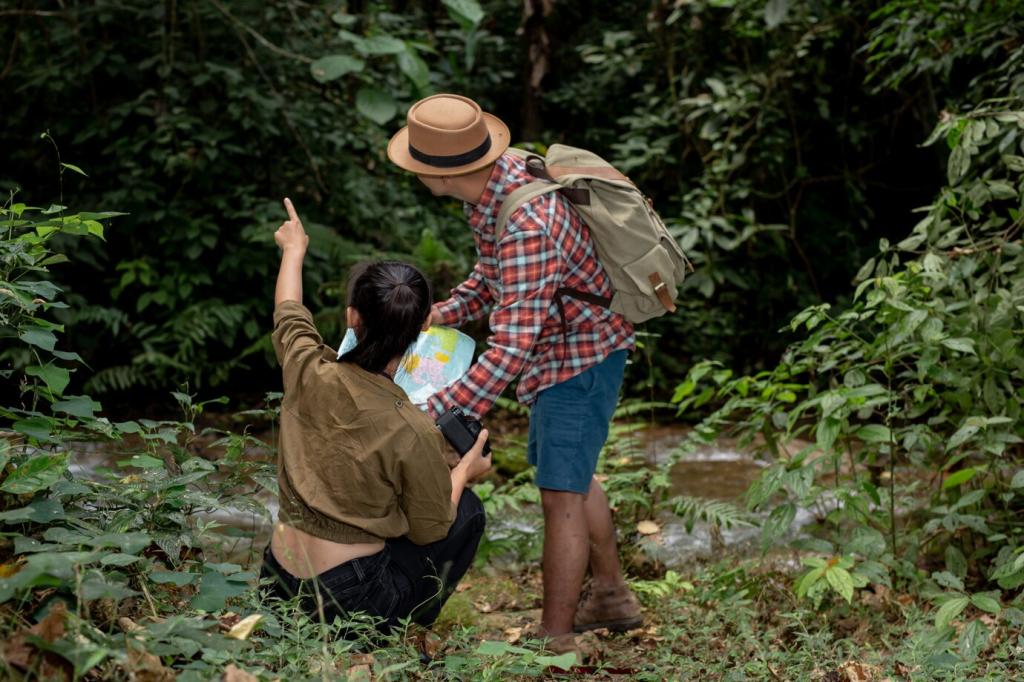
Respect traditional knowledge and rights
Many marine protected areas overlap with Indigenous or artisanal fishing zones. Listen to local guidance on sacred sites, taboos, and sustainable harvests. Share a moment when local wisdom deepened your appreciation and improved your decisions on the water.
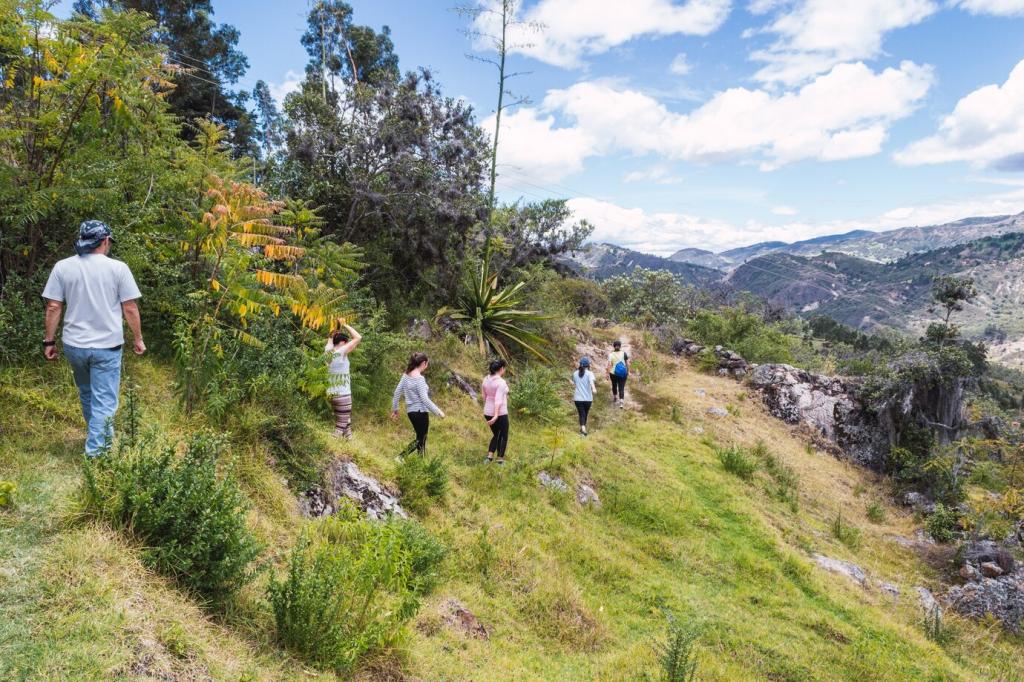
Spend where stewardship grows
Choose homestays, co-ops, and permits that funnel proceeds into ranger salaries, mooring maintenance, and youth education. Tell us which community-led initiatives impressed you, so other travelers can direct their dollars toward measurable conservation outcomes.
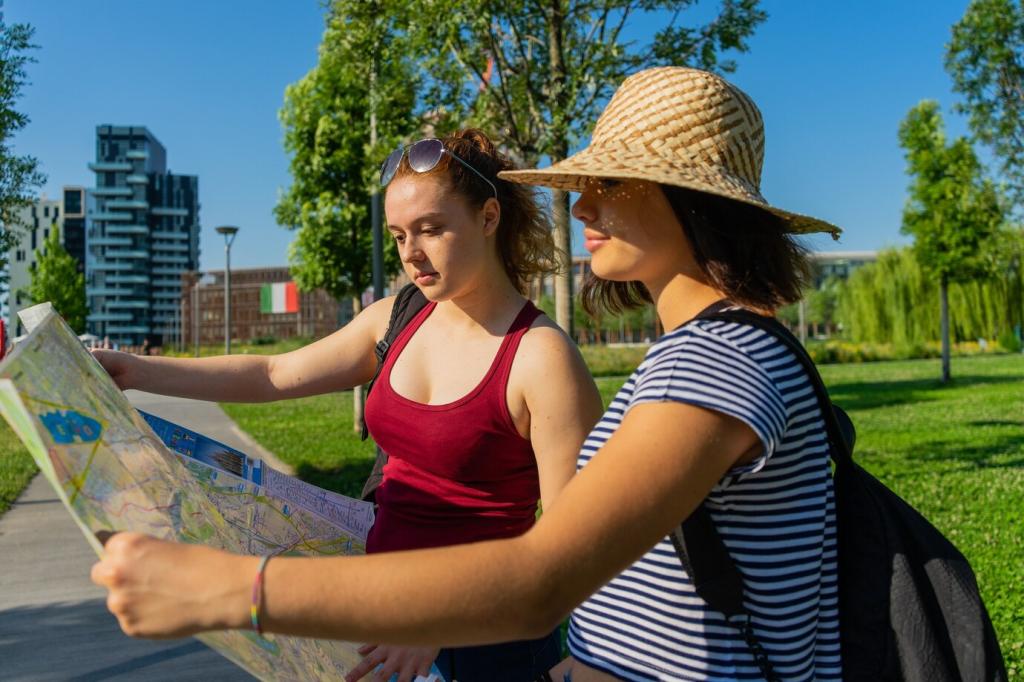
Learn a few local words
Simple greetings and gratitude build bridges faster than any itinerary. Ask how to say “protected area,” “thank you,” and “respect.” Share phrases you learned and how they opened conversations about conservation, safety, and shared responsibility at sea.
Gear, Waste, and Footprint
Reef-safe habits beat reef-safe labels
Use long-sleeve UV clothing to reduce sunscreen use entirely, rinse gear away from storm drains, and choose zinc-based formulas if needed. Tell us your reliable sun-safe routines that minimize chemical exposure for corals, plankton, and fish larvae.
Leave no trace on water and shore
Pack out all waste, secure trash on windy decks, and never let fishing line or food scraps drift. Participate in beach cleanups. Share your best hacks for preventing micro-litter from sneaking off boats and kayaks during choppy conditions.
Counting your carbon and balancing wisely
Bundle trips, choose efficient transport, and extend stays to reduce flight frequency. Offset remaining emissions with credible, ocean-benefiting projects. Comment with tools you use to measure travel impact and keep yourself accountable across journeys.
Stories from the Tide: Respectful Encounters
We drifted quietly while a green turtle surfaced, breathed, and resumed grazing. Because we kept distance, it never altered course. Share your own turtle tale and how patience made the encounter peaceful for everyone involved.
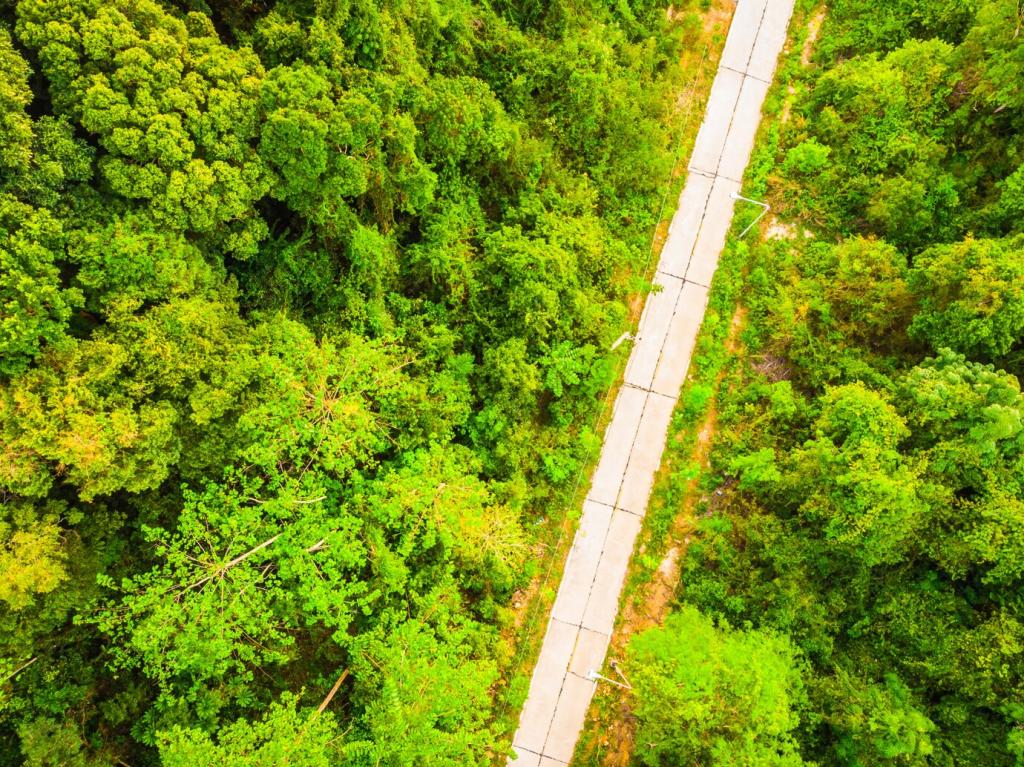
Your Turn: Commitments and Next Steps
Write your traveler’s pledge
Draft three commitments—distance, silence, and proper disposal—and keep them visible in your kit. Post your pledge so others can borrow ideas, adapt them locally, and build a collective culture of care in protected waters.
Subscribe for field-tested guidance
Sign up to receive site-specific briefings, operator checklists, and seasonal wildlife updates. Comment with topics you want next, from mooring etiquette to night snorkeling safety, so we can tailor resources to your upcoming journeys.
Report back after you return
Share observations with rangers, community groups, or citizen-science platforms. Your notes on currents, coral health, or boat noise help managers adapt protections. Tell us where you contributed data and inspire others to do the same.
